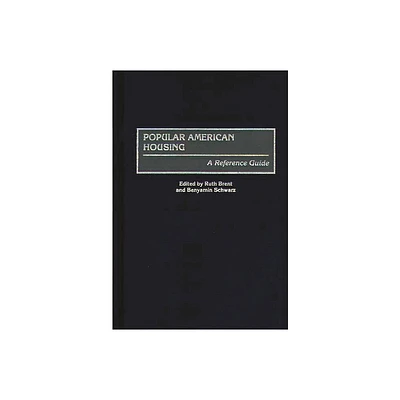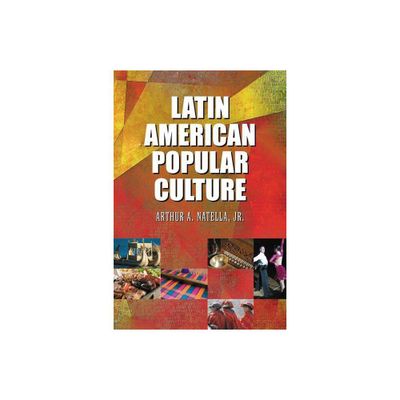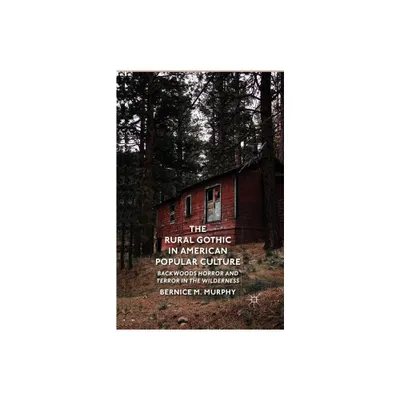Home
Kvetching and Shpritzing: Jewish Humor in American Popular Culture
Loading Inventory...
Barnes and Noble
Kvetching and Shpritzing: Jewish Humor in American Popular Culture
Current price: $29.95


Barnes and Noble
Kvetching and Shpritzing: Jewish Humor in American Popular Culture
Current price: $29.95
Loading Inventory...
Size: OS
*Product Information may vary - to confirm product availability, pricing, and additional information please contact Barnes and Noble
Jewish humor, with its rational skepticism and cutting social criticism, permeates American popular culture. Scholars of humorfrom Sigmund Freud to Woody Allenhave studied the essence of the Jewish joke, at once a defense mechanism against a hostile world and a means of cultural affirmation.
Where did this wit originate? Why do Jewish humorists work at the margins of so many diverse cultures? What accounts for the longevity of the Jewish joke? Do oppressed people, as African American author Ralph Ellison suggested, slip their yoke when they change the joke? Citing examples from prominent humorists and stand-up comics, this book examines the phenomenon of Jewish humor from its biblical origins to its prevalence in the modern diaspora, revealing a mother lode of wit in language, literature, folklore, music and history.
Where did this wit originate? Why do Jewish humorists work at the margins of so many diverse cultures? What accounts for the longevity of the Jewish joke? Do oppressed people, as African American author Ralph Ellison suggested, slip their yoke when they change the joke? Citing examples from prominent humorists and stand-up comics, this book examines the phenomenon of Jewish humor from its biblical origins to its prevalence in the modern diaspora, revealing a mother lode of wit in language, literature, folklore, music and history.




![Muslims and American Popular Culture [2 volumes]](https://prodimage.images-bn.com/pimages/9780313379628_p0_v3_s600x595.jpg)












